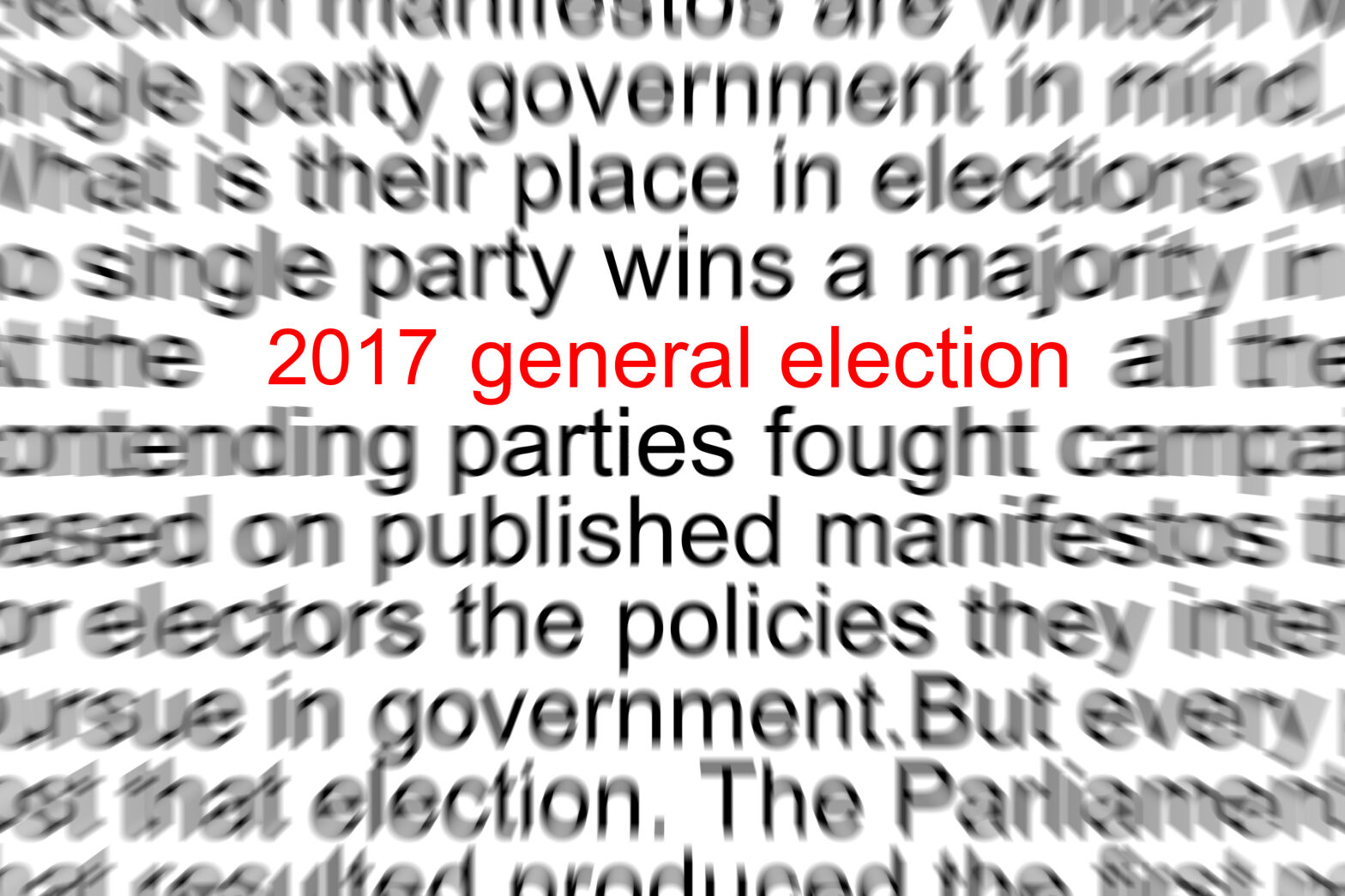Recently, we surveyed our members to see how they want the next government to support trade. The opinions expressed by businesses across the UK and the policies they want pursued did not necessarily chime with those outlined in the three main parties’ manifestos released last week.
The Tory manifestos stance on Corporation Tax was music to our members’ ears. European leaders and officials have warned the government against slashing taxes after Brexit – speaking at the World Economic Forum in January, Germany’s Finance Minister said Theresa May would not be taken seriously by world leaders if she turned Brexit Britain into a low-tax competitor off Europe’s coast.
But our members back the Prime Minister. When we asked if the UK should adopt the same Corporation Tax rate as Ireland – half that of France and Germany – 62 per cent of the businesses we polled said they thought we should. Clearly, plans outlined in the Liberal Democrat manifesto to increase Corporation Tax don’t tally with this.
The Lib Dem stance on Europe, on the other hand, appears to match the priorities of our members. They want barrier-free trade with the EU. While Britain is about to leave the single market, it may be possible to preserve some of our access to it. If that means Britain has to make financial contributions to the EU, on balance, our members think that is a price worth paying.
Half of them (49 per cent) say, if they had a choice, they would prefer the UK to continue making financial contributions to the EU to preserve access for trade – just a third (33 per cent) say they would prefer the money was spent on cutting taxes here in the UK. From the point of view of trade, our members don’t want a hard Brexit.
The news that the Conservatives want to continue to focus on cutting immigration was much less welcome. International talent is of huge importance to businesses. Attracting bright, talented people from around the world is at the heart of many recruitment models. Our members are still very worried about curbs to immigrations – especially when it comes to the interplay with access to the EU in the Brexit negotiations.
When we asked our members ‘What should the government focus on delivering when negotiating with the EU?’ 74 per cent of them said ‘barrier-free trade with the EU’; only six per cent say ‘restricting the free movement of people’.
The Labour manifesto included policies such as creating networks of regional trade and investment champions. And the reintroduction of the lower small profits rate of corporation tax was also a good start.
We might have expected the interventionist tone of the Conservative party manifestos to be unpopular with business. But when we asked our members – made up of 31,000 British businesses – if they thought Britain should have ‘a proper industrial strategy’, for instance, 77 per cent said we should. Even at her most interventionist, the Prime Minister appears on surprisingly safe ground here.
In an ideal world what would our members want the next government – of whatever political persuasion – to focus on? Brexit negotiation and Corporation tax aside, 66 per cent think the government should tackle Britain’s domestic transport infrastructure – including airport expansion – ‘as a matter of urgency’.
Two-thirds (66 per cent) want the government to work towards the elimination of customs duties. More than half (59 per cent) want to see better access to export financing for SMEs. Half again (58 per cent) think the government should introduce export tax credits. And 47 per cent agree with Boris Johnson that the UK should take the ‘machete of freedom to the brambles of EU regulation’ – only 25 per cent disagree.
But most strikingly, businesses want our leaders to be making the case for free markets and free trade. A huge majority – 87 per cent of the small business that we polled – said that the next government needs to do more to explain the benefits of free trade to the public in the face of the rising international protectionism.
They need the next government to champion businesses and exporters – highlight that they create jobs, support other smaller businesses, and train people. GS1 UK has a role to play in this and our recent report Defending Cross-Border Trade – An Agenda for Export highlights this. But Britain’s small businesses want the next government to do more to make the case.
Gary Lynch is the CEO of GS1 UK.





